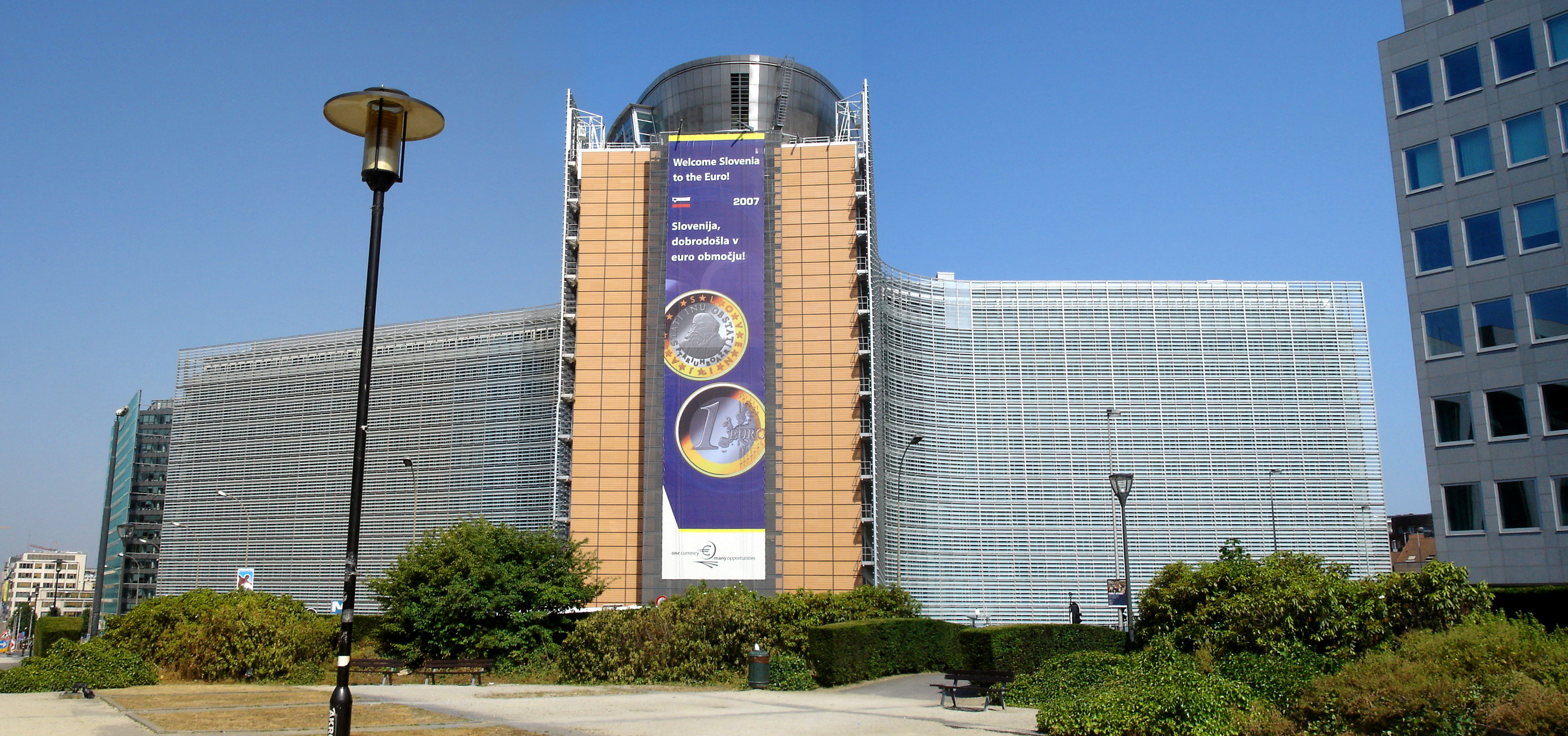European Commission

Quick definition
he Commission is the EU institution that has the monopoly on legislative initiative and important executive powers in policies such as competition and external trade. It is the principal executive body of the European Union and is formed by a College of members composed of one Commissioner per Member State. The Commission oversees the application of Union law and respect for the Treaties by the Member States; it also chairs the committees responsible for the implementation of EU law. The former comitology system has been replaced by new legal instruments, namely implementing and delegated acts.
What does the Commission do?
Proposes new laws
- The Commission is the sole EU institution tabling laws for adoption by the Parliament and the Council that:
- protect the interests of the EU and its citizens on issues that can't be dealt with effectively at national level
- get technical details right by consulting experts and the public
Manages EU policies & allocates EU funding
- sets EU spending priorities, together with the Council and Parliament
- draws up annual budgets for approval by the Parliament and Council
- supervises how the money is spent, under scrutiny by the Court of Auditors
Enforces EU law
- together with the Court of Justice, ensures that EU law is properly applied in all the member countries
Represents the EU internationally
- speaks on behalf of all EU countries in international bodies, in particular in areas of trade policy and humanitarian aid
- negotiates international agreements for the EU
The Commission has an institutional role and informal tools to influence the dynamics and results of European integration. It is frequently at the center of the scene during inter-institutional negotiation.
Organisation and Structure
Political leadership is provided by a team of 27 Commissioners (one from each EU country) – led by the Commission President, who decides who is responsible for which policy area.
The College of Commissioners is composed of the President of the Commission, eight Vice-Presidents, including three Executive Vice-Presidents, the High Representative of the Union for Foreign Affairs and Security Policy, and 18 Commissioners, each responsible for a portfolio.
The day-to-day running of Commission business is performed by its staff (lawyers, economists, etc.), organised into departments known as Directorates-General (DGs), each responsible for a specific policy area.
Selection of the Team
The President
The candidate is put forward by national leaders in the European Council, taking account of the results of the European Parliament elections. He or she needs the support of a majority of members of the European Parliament in order to be elected.
The Commissioners
The Presidential candidate selects potential Vice-Presidents and Commissioners based on suggestions from the EU countries. The list of nominees has to be approved by national leaders in the European Council.
Each nominee appears before the European Parliament to explain their vision and answer questions. Parliament then votes on whether to accept the nominees as a team. Finally, they are appointed by the European Council, by a qualified majority.
Source: EP Website, 2023
Website(s):
Documents:
- EP Factsheets - The European Commission
- Commission Work Programme 2023
- A Union that strives for more - My Agenda for Europe by Commission President Ursula Von der Leyen
- The von der Leyen Commission: for a Union that strives for more
Videos:
